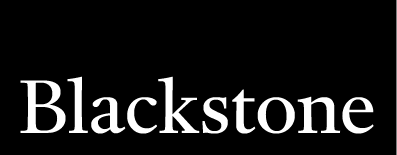Bokeh is an interactive visualization library for modern web browsers. It provides elegant, concise construction of versatile graphics and affords high-performance interactivity across large or streaming datasets. Bokeh can help anyone who wants to create interactive plots, dashboards, and data applications quickly and easily.
| Package |

|

|

|
| Project |

|

|

|
| Downloads |

|

|

|
| Build |

|

|

|
| Community |

|

|
Consider making a donation if you enjoy using Bokeh and want to support its development.
To install Bokeh and its required dependencies using pip, enter the following command at a Bash or Windows command prompt:
pip install bokeh
To install conda, enter the following command at a Bash or Windows command prompt:
conda install bokeh
Refer to the installation documentation for more details.
Once Bokeh is installed, check out the first steps guides.
Visit the full documentation site to view the User's Guide or launch the Bokeh tutorial to learn about Bokeh in live Jupyter Notebooks.
Community support is available on the Project Discourse.
If you would like to contribute to Bokeh, please review the Contributor Guide and request an invitation to the Bokeh Dev Slack workspace.
Note: Everyone who engages in the Bokeh project's discussion forums, codebases, and issue trackers is expected to follow the Code of Conduct.
The Bokeh project is grateful for individual contributions, as well as for monetary support from the organizations and companies listed below:

|

|

|
|

|

|

|

|
If your company uses Bokeh and is able to sponsor the project, please contact [email protected]
Bokeh is a Sponsored Project of NumFOCUS, a 501(c)(3) nonprofit charity in the United States. NumFOCUS provides Bokeh with fiscal, legal, and administrative support to help ensure the health and sustainability of the project. Visit numfocus.org for more information.
Donations to Bokeh are managed by NumFOCUS. For donors in the United States, your gift is tax-deductible to the extent provided by law. As with any donation, you should consult with your tax adviser about your particular tax situation.
Non-monetary support can help with development, collaboration, infrastructure, security, and vulnerability management. The Bokeh project is grateful to the following companies for their donation of services:

